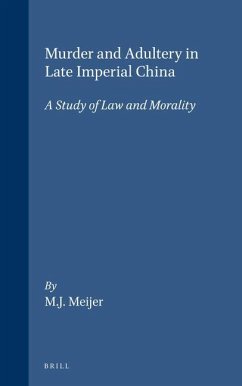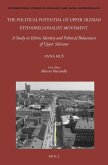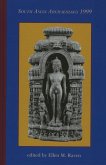In this publication the development is traced of two sections of the chapter on "Homicide" of the penal code of the Qing dynasty (1644-1912), Murder and Homicide of an Adulterer. The former deals with premeditated homicide where there is no difference in status, social or family relations between murderer and victim, while in the latter we find the husband who kills his wife and her paramour when caught in the act. In that case, the husband was immune from prosecution, provided that he commited the act at the time and at the site. The first section developed in a clear and intelligent way, with in general some logical provisions being added from the beginning till the end of the dynasty. The second section, however, was enriched by 34 additional articles through legislation and judicial practice, which with a view to promoting moral purity in society, gradually circumvented the original restrictions to the husband's fury. Consequently, by accentuating the husband's important status and for the sake of maintaining the established hierarchy in society, that section changed into a bad and cruel part of the law, turning the husband's behaviour from an excusable exception into morally justified conduct, and likewise the woman's misbehaviour into a mortal sin. This has all been confirmed by the motivation of the legislation and sentences of the cases.








